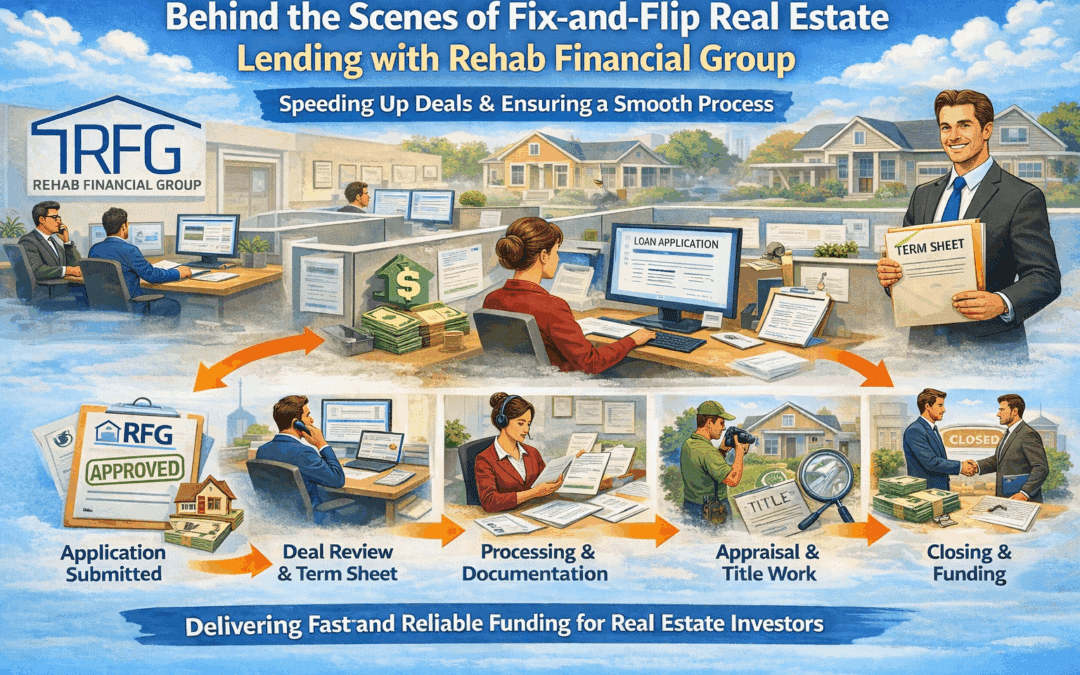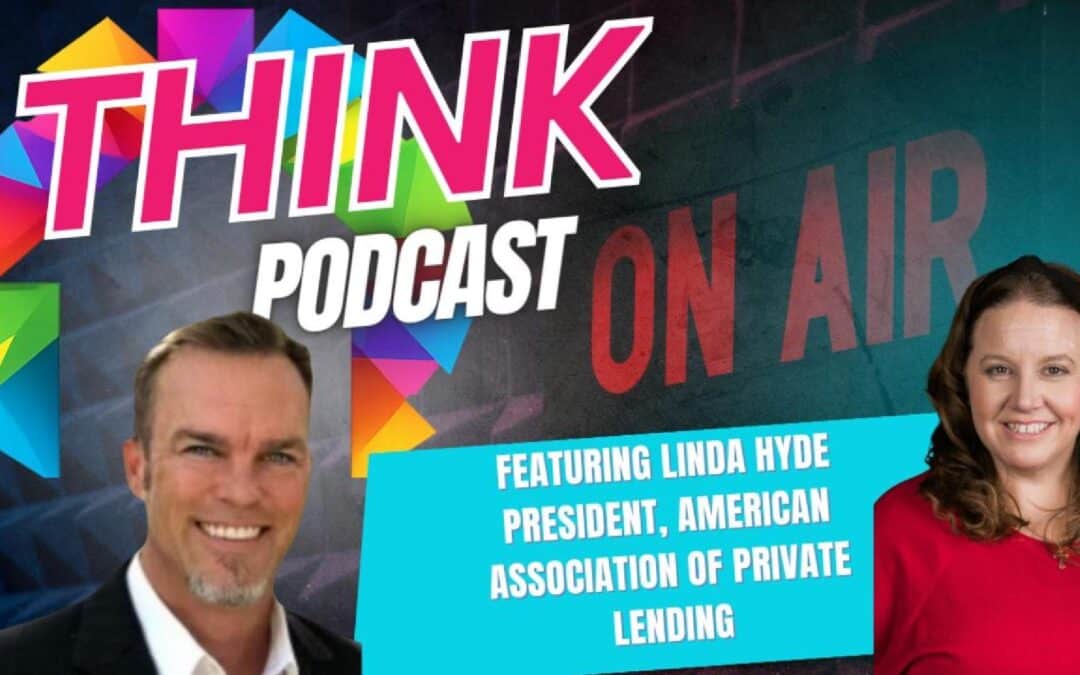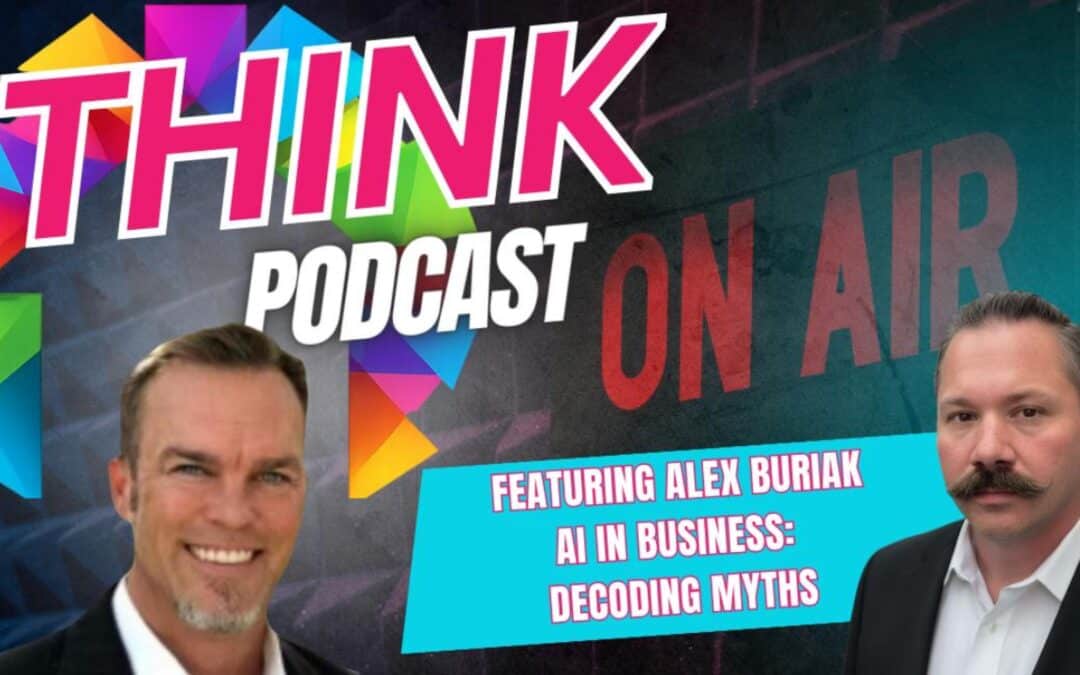A well-designed business operating system ensures data-driven decisions.
Staying ahead of market trends and making informed decisions are the hallmarks of a successful investor. If you feel like you’re constantly playing catch-up or making decisions based on gut instinct rather than data, it’s time to reevaluate how you operate. Enter the business operating system (BOS), a framework designed to streamline your processes, improve efficiency, and give you clarity to navigate an unpredictable market.
Why a BOS Matters
Imagine running a real estate investment portfolio like a well-oiled machine. With a BOS like the Empire Operating System, you gain a comprehensive roadmap that aligns every aspect of your business, from lead generation to deal closing and portfolio management. It’s not just about improving efficiency; it’s about building a scalable system that can adapt to market changes while keeping your goals front and center.
The real estate market is influenced by numerous variables (e.g., interest rates, economic shifts, policy changes, and demographic trends). Without a structured system, it’s easy to get overwhelmed by the sheer volume of information. A BOS allows you to focus on the key metrics that drive success, ensuring you make data-driven decisions rather than reactive ones.
Predictability: The Holy Grail of Real Estate Investing
While no one can predict the future with absolute certainty, a BOS gives you the tools to analyze trends and anticipate market movements. For instance, consider the housing market trends of the past decade. Investors who had systems in place to monitor key indicators like inventory levels, interest rates, and population growth were better positioned to seize opportunities during booms and mitigate risks during downturns.
By implementing a BOS, you create a foundation of predictability within your operations. This doesn’t mean you’ll avoid risk entirely, but it does mean you’ll have the foresight to adapt and pivot as needed. For example, if rising interest rates are predicted, your system can help you evaluate the potential impact on cash flow for your existing properties and provide guidance on whether to refinance or hold steady.
A Game Changer for Real Estate Investors
The Empire Operating System is designed with entrepreneurs in mind. Its step-by-step approach helps you:
Clarify your vision. Define where you want your business to go and what success looks like for you. This ensures every action you take aligns with your long-term goals.
Create consistency. Standardize processes so tasks are completed efficiently and effectively, whether managing tenant relationships or closing a deal.
Improve accountability. Empower your team with clear roles and responsibilities. When everyone knows what they’re accountable for, productivity soars.
Adapt to market changes. Use data-driven insights to stay ahead of trends, making it easier to pivot when the market shifts.
Scale seamlessly. A scalable system ensures you’re prepared for growth, whether you’re expanding into new markets or increasing the size of your portfolio.
Market Data Insights
One of the biggest challenges in real estate investment is translating market data into actionable insights. With a BOS, you’re not just collecting data; you’re turning it into a strategic advantage. For instance, if data shows an increase in demand for affordable housing in your area, your system can help you decide whether to acquire new properties, renovate existing ones, or adjust your rental pricing strategy.
Moreover, a BOS helps you identify patterns that might otherwise go unnoticed. Perhaps you notice a seasonal trend in tenant turnover or a correlation between marketing spend and lead quality. Armed with this knowledge, you can fine-tune your operations for maximum ROI.
Resilience in Unpredictable Times
The COVID-19 pandemic underscored the importance of resilience in the real estate market. Investors with robust systems were able to weather the storm, while those without a BOS struggled to adapt. Whether you’re facing a global crisis or a local economic downturn, a BOS ensures you have contingency plans in place and the ability to respond swiftly.
For example, during the pandemic, many investors had to pivot to virtual tours and online tenant applications. Those with systems already in place for digital marketing and tenant management were able to transition smoothly, while others scrambled to catch up. This highlights the value of having a proactive, rather than reactive, approach to your business.
First Steps
Implementing a business operating system might seem daunting, but the benefits far outweigh the initial effort. Start by identifying the areas of your business that feel chaotic or inconsistent. Is it lead generation? Property management? Financial tracking? Once you’ve pinpointed the gaps, you can begin to build systems that address them.
The Empire Operating System provides a comprehensive framework to guide you through this process. It’s not just about creating systems for the sake of it; it’s about aligning your operations with your vision and equipping you to thrive in any market condition.
In the world of real estate investment, unpredictability is a given. But with a business operating system, you can turn uncertainty into opportunity. By streamlining your operations, improving decision-making, and staying ahead of market trends, you’re not just surviving—you’re thriving.
So, if you’re ready to take your real estate business to the next level, start by implementing a BOS. With the right systems in place, you’ll have the tools, confidence, and clarity to navigate the market’s ups and downs and achieve lasting success.
























0 Comments